Somehow I’ve made it this many years before ever hearing about commonplace books. You, too?
Commonplace books seem to be, generally, a written collection of the things that attract your attention and pique your interest — a more right-brained version of an art journal, I suppose. The actual definition is broad.
Commonplace books are accessible
Wikipedia explains commonplace books as “a way to compile knowledge, usually by writing information into books.” Kevin Egan describes them as being “like a ‘thinker’s journal’ that serves as a focused act of self-reflection and way to learn;” Ryan Holiday similarly calls them a “central resource or depository for ideas, quotes, anecdotes, observations and information you come across during your life and didactic pursuits.”
MasterClass, by contract, emphasizes that a commonplace book (they call it a commonplace diary) is not just a place to write all these tidbits down, but also a system for keeping track of the information you gather. Some people use index cards or a table of contents, or color code their entries. This is where my eyes glaze over, but it’s well worth reading about if that’s something you’re interested in.
What surprised me is that commonplace books have been kept for centuries, by both ordinary folks and historical geniuses. Marcus Aurelius kept a commonplace book, as did Virginia Woolf. Austin Kleon is keeping one that’s just quotes. I imagine that many of the diaries shared by Papers of the Past could be considered commonplace books, too.
There are no rules
That commonplace books aren’t a single definitive thing makes me all the more interested in keeping one. The idea of a daily journal intimidates me: I get caught up in the idea of what a journal “should” be — namely that I “have” to write proper entries, dated in order, while recounting my life and my feelings about my life. (My logbook has been the best and most sustainable way for me to record my day-to-day life: I’ve kept it up for over two years now.)
But writing down a sentence here and an idea there as I discover new things, mixed in with occasional personal reflections, seems just right, and is a much more apt representation of how my brain works.
Capture what you’re already paying attention to
Since discovering the idea of commonplace books — it was on September 6, and I know because I wrote an entry about it — I’ve jotted down a bunch of random and interesting things, including thoughts on value and productivity, deep work and flow, procrastination, and writing.
While it might sound lofty, all the excerpts I’ve written have been from tweets, newsletters, Reddit, TV shows, and other sources I was already visiting, reading, or watching. The difference is that now I have a record of things that inspired me. Now, I can go back and find connections, go back to the sources, get reinspired, and actually remember what it is that I’m interested in and what I like thinking about.
I’ll leave you with a song lyric that I pulled today that made me laugh (here’s the song):


